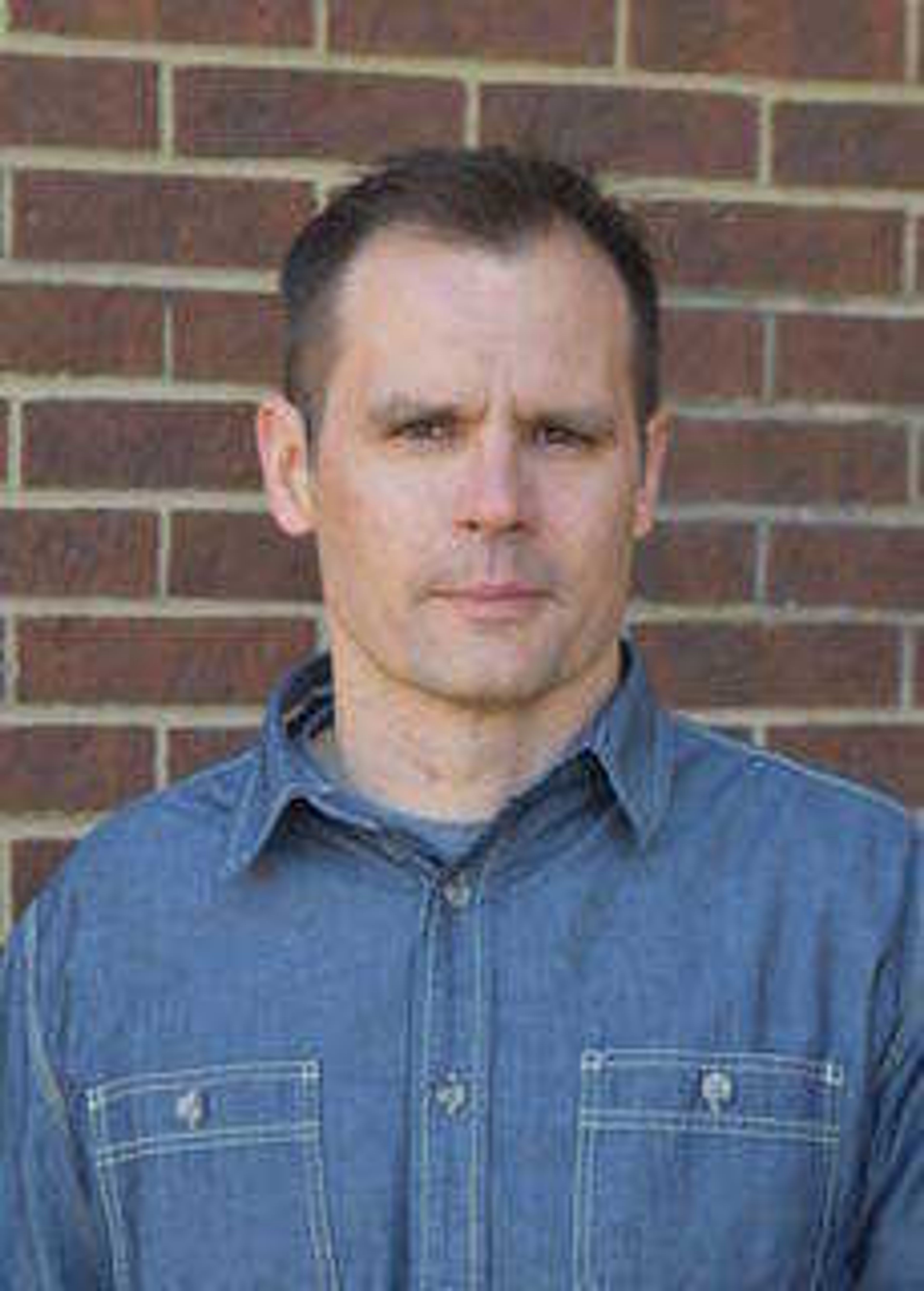Sometimes, you need to say 'no'
Almost everything we see and experience in life, absent intentionality, moves from simple to complex. For example, the simple peanut butter sandwich you fixed for lunch becomes more complex when you weigh the options. What type of bread should you have? Wheat, whole grain or sourdough? How about the topping? Grape jelly, strawberry, top it off with a banana? Finally, the greatest debate since the Earl of Sandwich; chunky or creamy peanut butter. The answer is obvious -- chunky...
Almost everything we see and experience in life, absent intentionality, moves from simple to complex. For example, the simple peanut butter sandwich you fixed for lunch becomes more complex when you weigh the options. What type of bread should you have? Wheat, whole grain or sourdough? How about the topping? Grape jelly, strawberry, top it off with a banana? Finally, the greatest debate since the Earl of Sandwich; chunky or creamy peanut butter. The answer is obvious -- chunky.
My point is that everything in life, absent intentionality, moves from simple to complex. One critical skill to help live with intentionality is to master the polite but clear no.
An example of a polite but clear no is Nehemiah. While leading a massive reconstruction project, Nehemiah was offered to meet with some prominent leaders (Neh. 6:1-5.) Discerning the ill-intention of their request, he politely and repeatedly told them that he was doing a good job and could not come down. His polite but clear no reflected his priority on the wall and the people doing the work. Ceasing work would violate both. Nehemiah exercises the skill of a polite but clear no.
You can so "no" without being a jerk. Even if those who are saying no have ill motives, as those who requested Nehemiah did, you still must answer in a dignified way. For example, if someone asks something, you reply, "Thank you for thinking of me, but I cannot do that." A positive no not only reflects your priorities but maintains the dignity of another.
Second, you create confusion when you say, "I can't do that now." "Not now" means come back and ask again. If you have no intention of fulfilling their request, be clear. The answer is no.
Lastly, realize that everything you say "yes" or "no" to is a reflection of your values. In his book, Essentialism, Greg McKeown writes, "If it isn't a clear yes, then it's a clear no." Every yes or no is an expression of your values.
Nehemiah knew how to say no. He knew his priority was not entertaining the social elites but building the wall. His focus was on restoring the dignity of his people by revitalizing the city. He could say no because he clearly and intentionally defined his yes. Saying "no" will help set the direction of your life.
Connect with the Southeast Missourian Newsroom:
For corrections to this story or other insights for the editor, click here. To submit a letter to the editor, click here. To learn about the Southeast Missourian’s AI Policy, click here.










